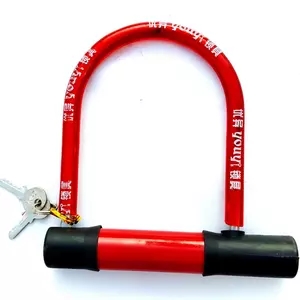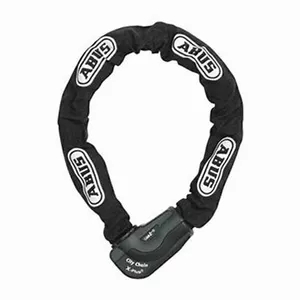Certainly, comparing scooters and skateboards as rideables can provide insights into their differences and benefits for different types of riders. Here’s a fun comparison between these two popular modes of transportation:
Scooters:
Pros:
- Stability: Scooters typically offer more stability due to the handlebars, allowing riders to maintain balance more easily, especially at low speeds.
- Handlebars: The handlebars provide better control and steering, making scooters suitable for beginners and those looking for an easy-to-learn ride.
- Foot Space: Scooters have a larger platform for both feet, providing more comfort and stability, especially during longer rides.
- Quick Start: Pushing off with one foot and using the throttle or electric motor allows for quick acceleration, making them ideal for short commutes.
- Versatility: Scooters are available in various styles, including traditional kick scooters and electric scooters, catering to different preferences and needs.
- Portability: Folding scooters are portable and convenient to carry or store, making them great for combined commutes.
- Smooth Ride: Scooters with larger wheels and suspension systems provide a smoother ride on rough surfaces.
Cons:
- Size: Scooters can be bulkier than skateboards, which might make them less maneuverable in tight spaces.
- Learning Curve: While scooters are easy to learn for most people, some advanced tricks and techniques might take time to master.
- Limited Tricks: While you can perform tricks on a scooter, the range of tricks is more limited compared to skateboards.
- Less Natural Motion: The handlebars might feel less intuitive to some riders who are used to traditional skateboard-style movement.
Skateboards:
Pros:
- Maneuverability: Skateboards offer superior maneuverability and are great for weaving through tight spaces and performing quick turns.
- Trick Potential: Skateboards are versatile for performing a wide range of tricks, making them popular among those who enjoy freestyle riding.
- Customization: Skateboards can be customized with various deck shapes, sizes, and designs, allowing riders to create a personalized ride.
- Low Profile: The low profile of skateboards provides a lower center of gravity, making them suitable for advanced riders who prefer stability during tricks.
- Natural Flow: Skateboards offer a more natural motion, allowing riders to use their entire body to control speed and direction.
- Aesthetic Appeal: Many skateboarders enjoy the artistic aspect of customizing their decks and expressing their personal style.
Cons:
- Balance and Skill: Skateboarding requires a higher level of balance and skill, which might deter beginners or those looking for an easier ride.
- Foot Fatigue: Skateboards have a smaller foot space, which might lead to foot fatigue during longer rides.
- Limited Distance: Skateboards are better suited for short distances and might not be as comfortable for longer commutes.
- Stability: The absence of handlebars means that maintaining stability at higher speeds can be more challenging for some riders.
In the end, whether you choose a scooter or a skateboard depends on your personal preferences, riding style, and the type of experience you’re seeking. Scooters offer comfort, stability, and ease of use, while skateboards provide maneuverability, trick potential, and a unique riding experience. Both options have their merits, and your choice will likely be influenced by your individual preferences and the kind of riding you enjoy.





























